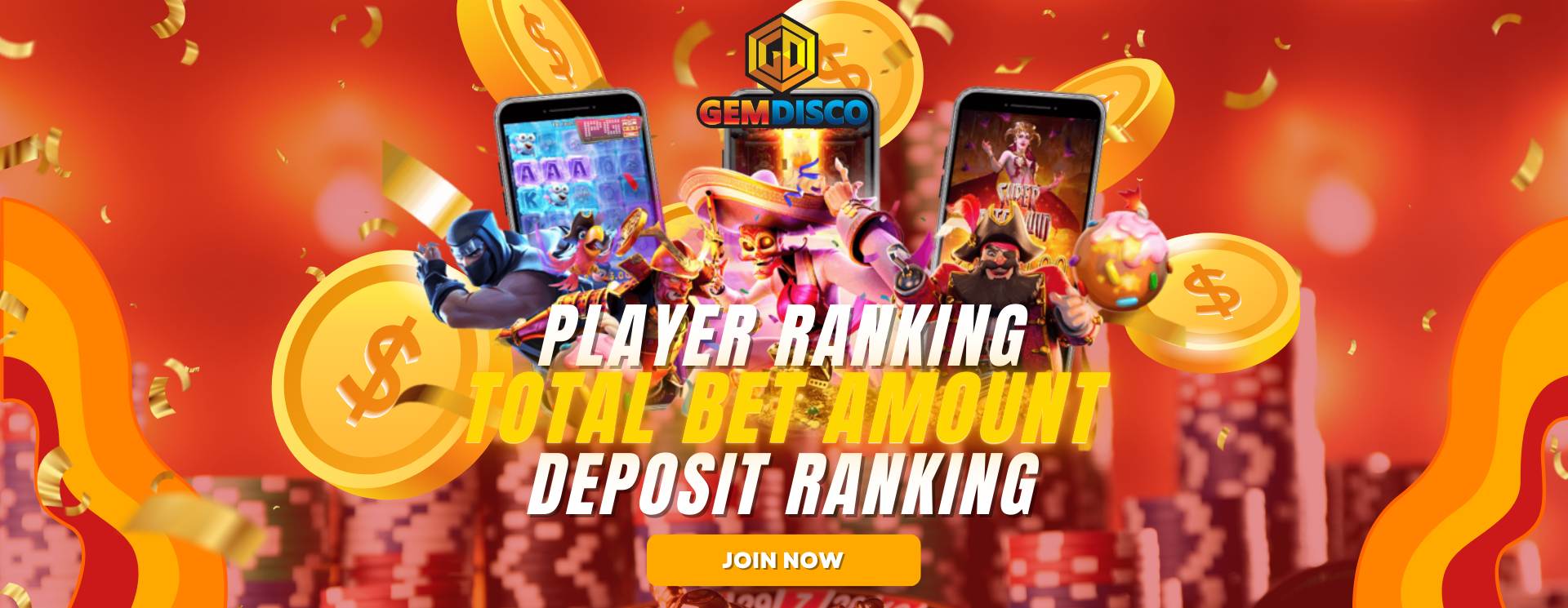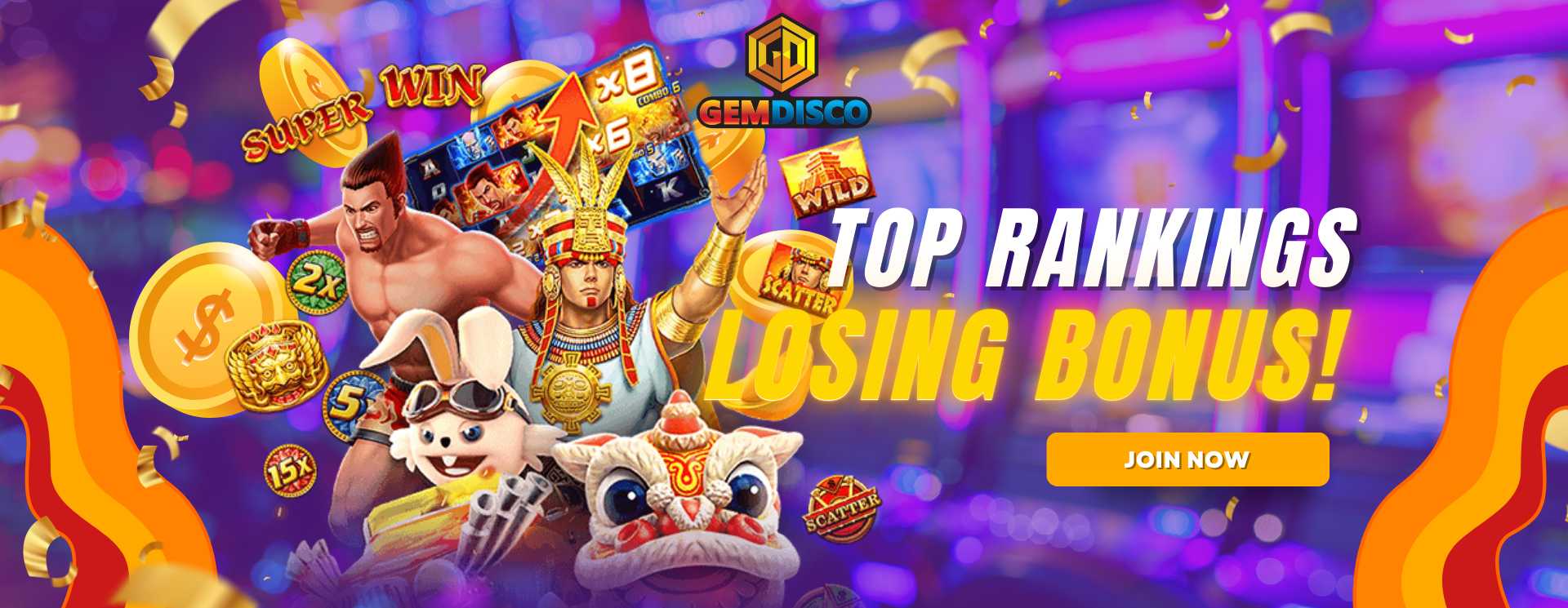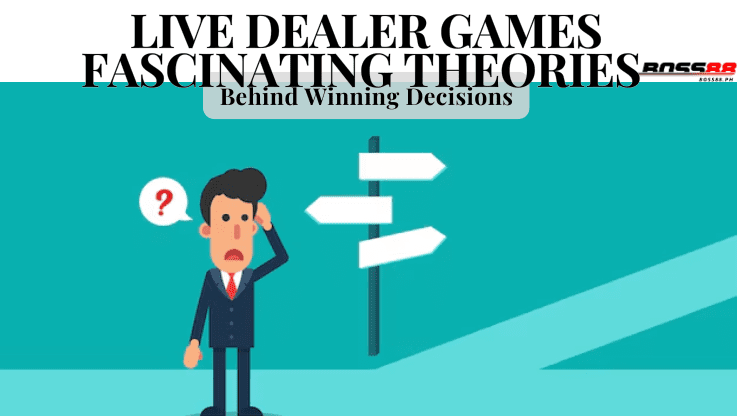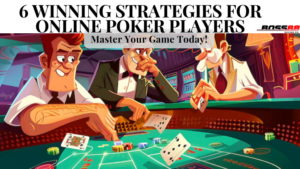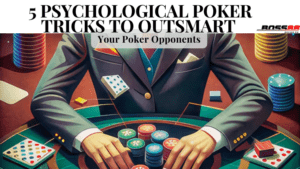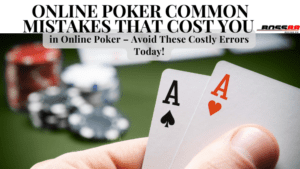Live dealer games are among the most captivating features of online casinos, combining real-time interaction with strategic gameplay. The decisions players make during these games often dictate their success, and understanding the psychology and strategies behind these decisions can lead to better outcomes. Here, we explore five prominent theories behind decision-making in live dealer games, offering insights that enhance your gaming experience.

Game Theory and Strategic Interaction
Game theory is a mathematical framework used to analyze strategic interactions where the outcome depends on the actions of all participants. In live dealer games, this theory explains how players anticipate opponents’ moves to maximize their winnings.
- Key Elements:
- Nash Equilibrium: Finding a strategy where no player can gain an advantage by changing their decision alone.
- Optimal Strategy: Adopting a consistent plan based on game rules and other players’ likely actions.
- Example in Action: In live blackjack, players might decide to “hit” or “stand” by predicting the dealer’s potential hand. Calculating probabilities and anticipating others’ moves can provide an edge.
Prospect Theory and Risk Assessment
Developed by Daniel Kahneman and Amos Tversky, prospect theory explains how people perceive gains and losses. It suggests that players often make decisions based on potential outcomes relative to a reference point rather than the final result.
- Core Concepts:
- Loss Aversion: The pain of losing is stronger than the pleasure of winning.
- Framing Effect: Choices vary depending on how options are presented (e.g., as a loss or gain).
- Application: In a live roulette game, a player might avoid betting on a single number due to the perceived high risk, opting instead for safer bets like red or black.

The Role of Heuristics in Quick Decisions
Heuristics are mental shortcuts that help players make swift decisions, especially under pressure. While these shortcuts save time, they can sometimes lead to biases or errors in judgment.
- Common Heuristics:
- Availability Heuristic: Making decisions based on readily available information or past experiences.
- Representativeness Heuristic: Judging the likelihood of an event based on how similar it is to a known example.
- Example: In live baccarat, a player might bet on the banker repeatedly if they’ve noticed a streak of banker wins, even though the outcome is statistically independent.
Cognitive Load Theory and Information Processing
Cognitive load theory examines how the brain processes information and how excessive data can overwhelm decision-making capabilities. Live dealer games, with their real-time nature and multiple variables, can challenge players’ cognitive limits.
- Key Insights:
- Intrinsic Load: The complexity of the game itself.
- Extraneous Load: Distractions like chat features or animations.
- Practical Tips: To improve decision-making, players should:
- Focus on core gameplay elements.
- Avoid unnecessary distractions, such as engaging in excessive chat with other players.
Emotional Intelligence and Impulse Control
Emotional intelligence (EI) plays a critical role in managing impulses and staying rational during live dealer games. Players with high EI are better equipped to handle wins and losses without letting emotions dictate their actions.
- Components of EI:
- Self-awareness: Recognizing emotional triggers.
- Self-regulation: Controlling impulsive reactions.
- Empathy: Understanding other players’ emotions and behaviors.
- Real-World Application: In a tense poker game, a player might fold a strong hand if they sense an opponent’s confidence, reflecting an ability to read emotional cues effectively.

Final Thoughts: Mastering Decision-Making in Live Dealer Games
Understanding the theories behind decision-making in live dealer games equips players with tools to refine their strategies. By leveraging game theory, assessing risks through prospect theory, utilizing heuristics, managing cognitive load, and applying emotional intelligence, players can enhance their gameplay.
Online casinos offer not just entertainment but also a chance to develop strategic thinking and emotional control. Balance the thrill of live dealer games with responsible gaming practices to ensure a rewarding experience. Whether you’re a seasoned player or a beginner, these theories can elevate your approach and lead to more successful outcomes.



